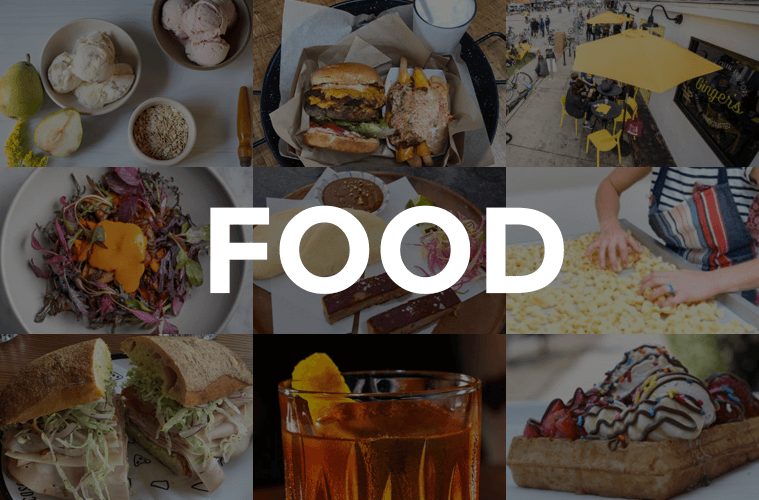“There is no drug quite as effortlessly adaptable as caffeine, the Zelig of chemical stimulants,” Malcolm Gladwell wrote a decade ago in Java Man, his excellent survey of the history of coffee. Since that article in 2001, there have been a plethora of scientific research and studies (some ostensibly financed by some coffee corporate figurehead, some not) with conflicting results. Does death lurk beneath the black oil in our mug, or can a healthy life sprout from the coffee grounds? In an article last week, Slate takes these studies to task, concluding based on all the conclusions that — surprise! — coffee is both good and bad for you.
Like Gladwell's article, Slate notes that the heated debate over coffee goes as far back as the drink itself. Gladwell takes us to the mid-1700s, to a Swedish king who borrowed a page or two from Francis Bacon and created his own experiment involving a murderer sentenced to drink “cup after cup of coffee until he died.” This murderer was to be compared with a one-man control group, another murderer “sentenced to a lifetime of tea drinking.” (Results were inconclusive.). Slate goes even further back, to 1679, and gives an account of French doctors who advised patients against the drink because, heaven forbid, it “disaccustom[ed] people from the enjoyment of wine.”
Fast forward to the 2000s, and we already have hundreds of articles about the health benefits and risks of coffee. Slate goes over a few pros and cons: coffee drinkers may have a higher risk of developing some cancers (urinary tract, lung), though may have a decreased risk of developing other types of cancers (liver, prostate). Coffee may increase one's blood pressure, but also may decrease one's risk of Alzheimer's and Parkinson's.
Add to that list those advantages and disadvantages enumerated by Ruth Frechman in a live chat with the Los Angeles Times recently, including the fact that caffeine may increase endurance and thus may be beneficial during a workout. And to all this, we can't forget coffee's obvious benefit of keeping us alert and awake and blogging and otherwise very productive citizens. Or, as Jerry Seinfeld aptly put it, “I love how you just make coffee and then somehow something gets done.”
Except for that last Seinfeldian truism, Slate points out that science can't decide whether coffee is good or bad for us because the same problem plagues most of the research: causation. With countless other environmental factors that may or may not influence the development of any particular health condition, there are very few studies that decisively link coffee — and only coffee — to any major health benefit or risk. In the end, then, these studies tell us less about coffee and more about our own (dis)beliefs. Nancy Reagan and the 1980s taught us that drugs — of which caffeine definitely is one — are bad. And as with most drugs, what makes us feel so great possibly can't be good for us, right?
Wrong, mostly. As with most things, moderation is key. Too much coffee, like consuming a bottle of The Black Blood of the Earth, and you probably will get anxious and stay awake all night. Just a cup or two, though, won't kill you. In fact, without that cup or two, you may be hard pressed to get through your day. Of course, that may be just our inner java junkie talking. Speaking of which, excuse us while we get our next fix – er, cup – of the day.
Advertising disclosure: We may receive compensation for some of the links in our stories. Thank you for supporting LA Weekly and our advertisers.

